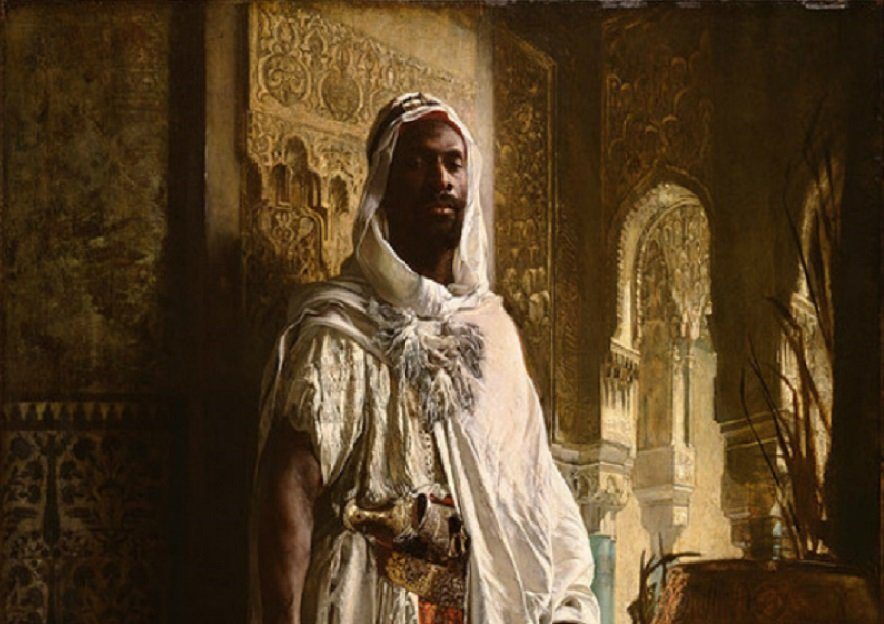Mamie Smith, on record as the first Black female singer, released a record titled “Crazy Blues” in 1920, making her the first to record and release a Blues song. This kicked down a previously locked door for Black female artists and their fans that kept them out of mainstream music.
The record became a smash hit in Black communities across the country, revolutionizing the blues genre and opening the doors of popular music to Black female artists.
More importantly, the success of “Crazy Blues” proved to the music industry that Black women could make hit records, and that there was a thriving market for Black, popular music.
Born in Cincinnati in 1891, she began her career in show business as a dancer with the Four Dancing Mitchells. By 1910, Smith was touring the Midwest and East Coast with the Smart Set Company, a Black minstrel troupe. She married singer William “Smitty” Smith in 1912. The couple moved to New York, where she began working as a cabaret dancer, pianist, and singer. Her first major break came in 1918 when she appeared in Perry Bradford’s musical “Made in Harlem.”
READ ALSO: 10 Famous African-Americans Who Made History You Should Know
Bradford had long dreamed of having Black singers record blues tunes for a mass market, but it was a tough sell for recording studios at the time. Eventually, Otto Heinemann, the president of fledgling OKeh Records, decided to take Bradford up on his idea, but Frederick Hager, the company’s recording manager, wanted Sophie Tucker, a white singer, to record the songs. Because Tucker signed with another label, Bradford convinced Hager to take a chance on Smith.

According to music critic Daphne Brooks, Smith, her fans, and the rallying behind the blues artists that followed her breakout success, helped pave the way for the fan armies that continue to surround Black women artists more than a century later, such as Beyonce’s “BeyHive” or Nicki Minaj’s “Barbz.”
“Mamie Smith almost singlehandedly jump-started the popularity of blues music in American culture,” says music journalist and author, Jas Obrecht, who profiled Smith for Living Blues magazine in 2019. “I would argue everybody who loves music and performs blues music, whether they know it or not, they owe a debt of appreciation to Mamie Smith.”
Smith’s popularity shot through the roof following “Crazy Blues,” which netted her about $100,000 in royalties, a fortune at the time. Her stage appearances, characterized by her signature glam style of shimmering gowns, plumes and diamond tiaras, raked in up to $1,500 a week. She later appeared in films, like the 1929 theatrical short “Jail House Blues” and 1939’s “Paradise in Harlem. But the success didn’t last, reports say.
By the time of her death in 1946, Smith was reportedly penniless, without even a tombstone to mark her grave in Staten Island, New York. But what the singer lacked in material wealth, she made up for in cultural influence, setting the precedent for Black female artists to become pop music divas.
According to Brooks, Smith’s legacy has ironically been overshadowed by the Black female recording artists who came after her, even though it was Smith who kicked off the classic blues women’s era of the 1920s.









